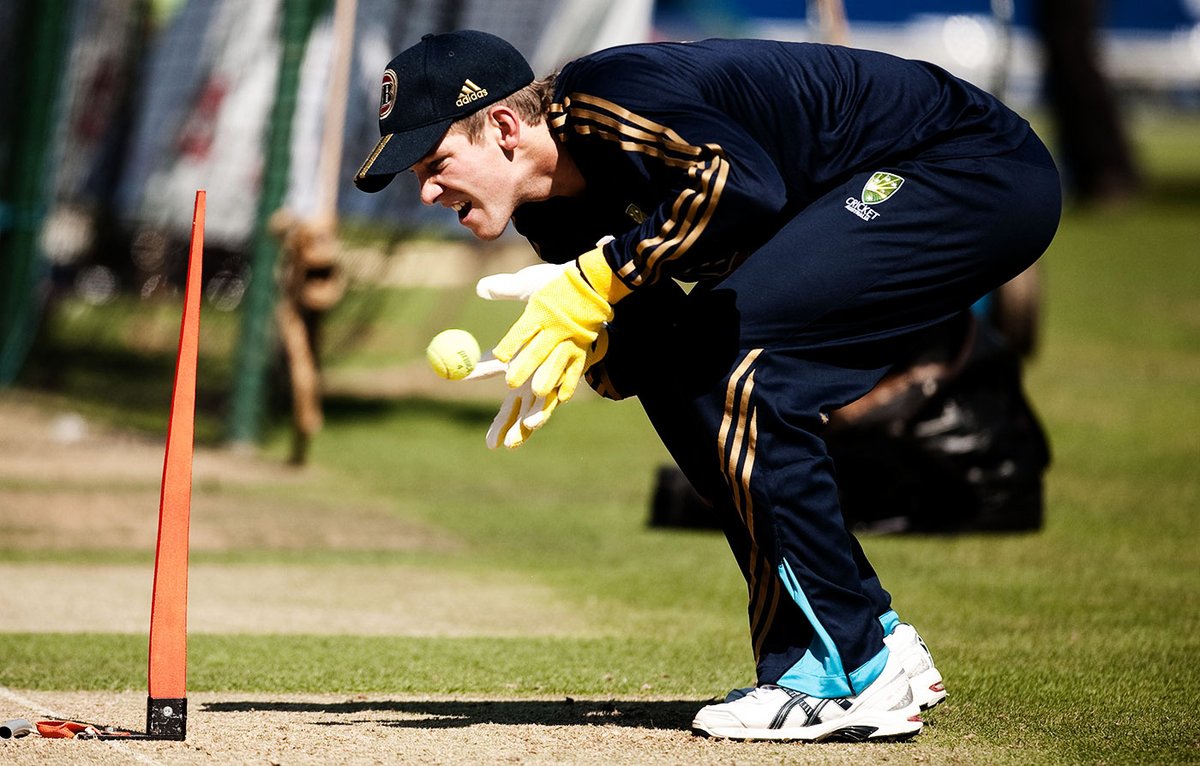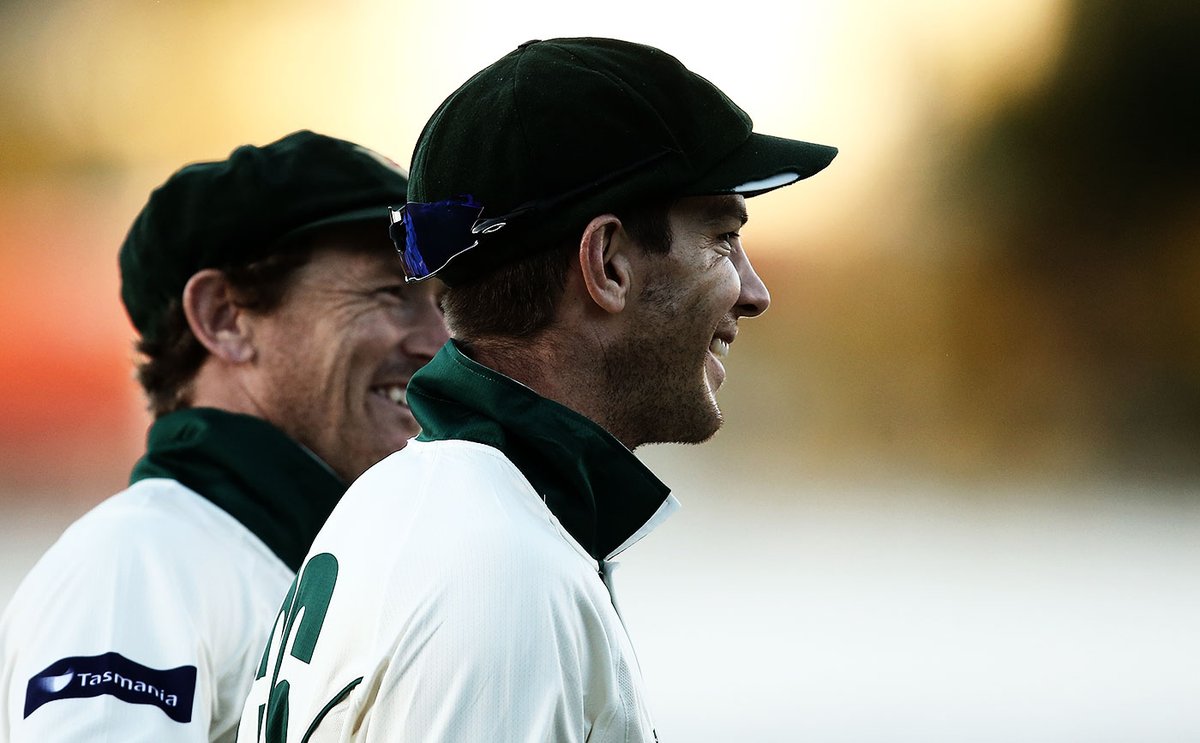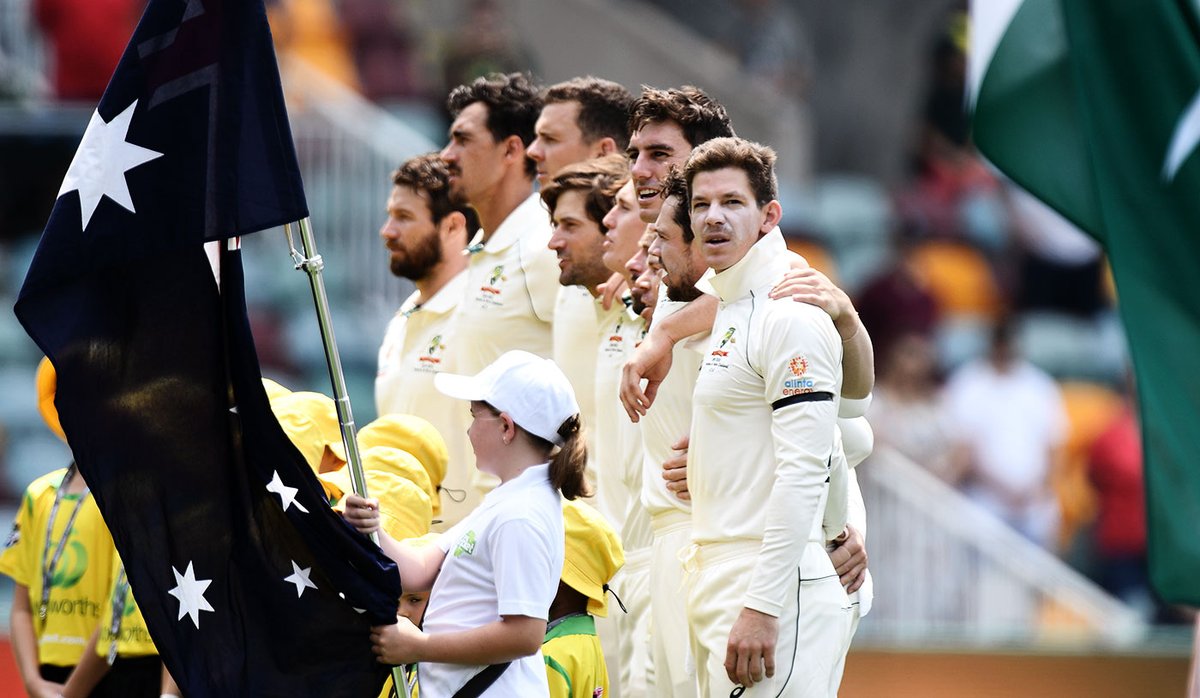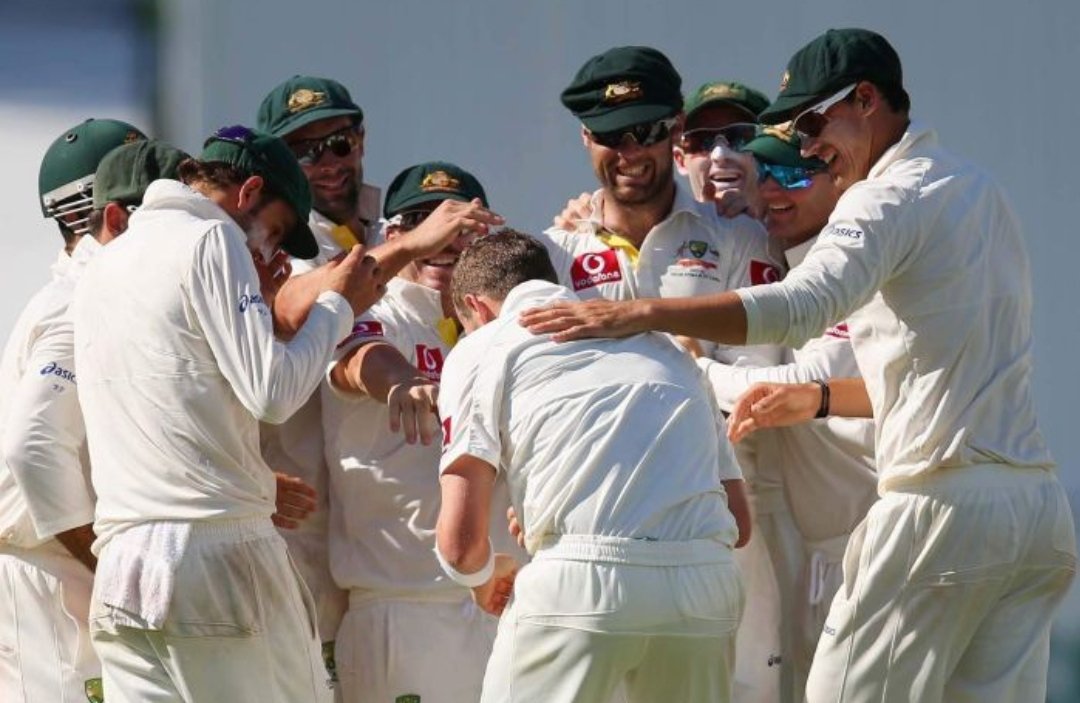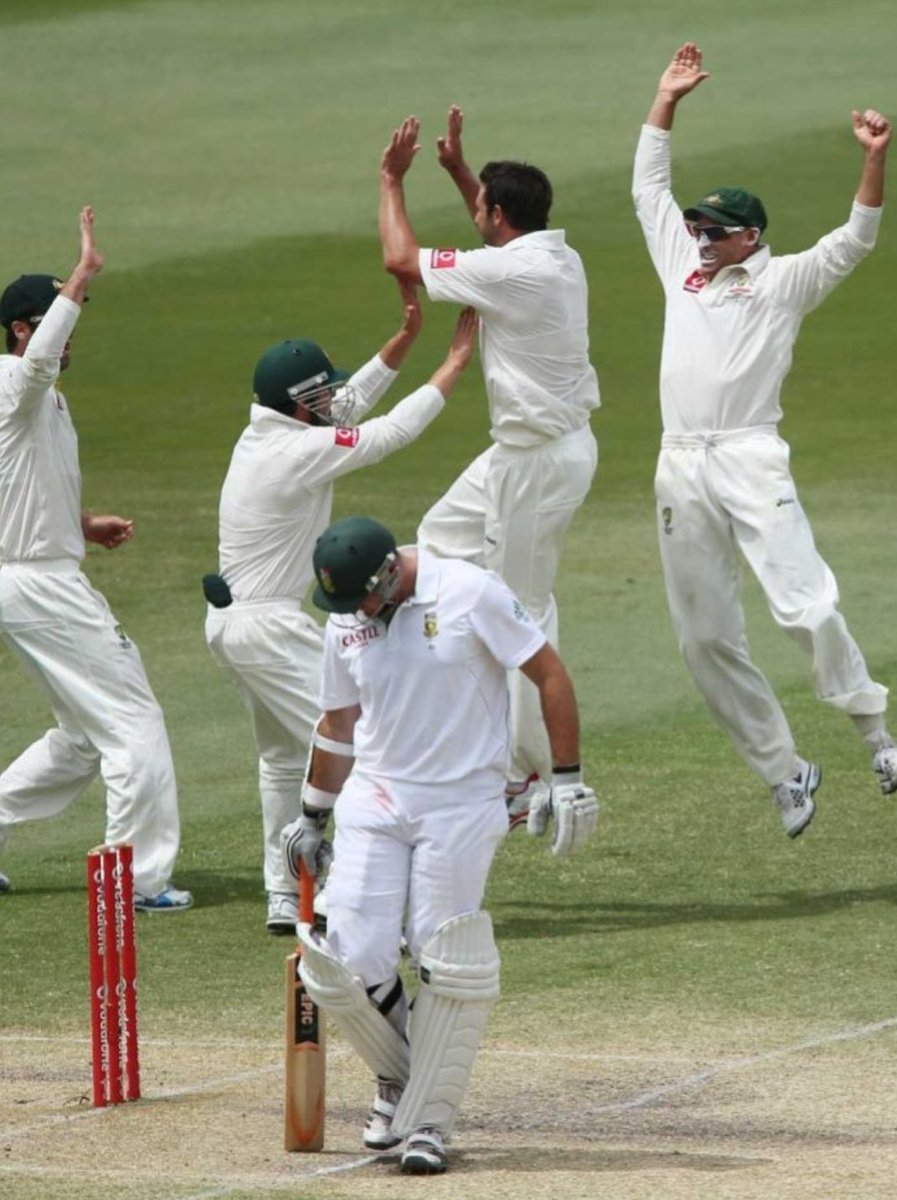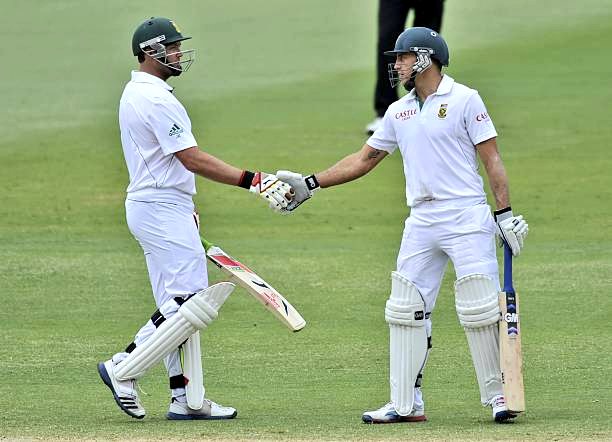The Haas / Force India argument is fascinating, and the decision of the stewards may still have consequences. The first key finding is that the stewards ruled Racing Point Force India to be a valid constructor. That means that it builds its own cars.
More from Sport
Over 70 former professional rugby players are preparing for legal action against the sport’s governing bodies according to this report.
The group litigation seems to be in its early stages, but World Rugby & Unions will be starting to get twitchy.
THREAD on the key issues 👇🏼
1) Duty of care
Do the governing bodies (World Rugby, RFU, WRU etc) owe players a duty of care in respect of their health and safety? The answer is almost certainly yes (see for example Watson v BBBoC).
2) Breach of duty
Have the governing bodies breached this duty? This is the first of the major hurdles for any litigation.
The question is essentially whether they acted reasonably in the circumstances.
Did they know about the dangers of concussion and fail to act?
Or should they have done more to discover the dangers of concussion but failed to do so?
The NFL case was based on the fact that the NFL knew of the dangers and covered them up. I’d suggest that’s unlikely here. However, it may be that WR/Unions should have done more sooner.
Much will depend upon the state of medical/scientific understanding of concussion at the relevant times.
For example, in the early 80s it may be that there was no indication that concussion might cause long-term complications but, by the early 2000s, there was.
The group litigation seems to be in its early stages, but World Rugby & Unions will be starting to get twitchy.
THREAD on the key issues 👇🏼
Exclusive: Rugby faces group litigation action on concussion | @danscho1 reportshttps://t.co/i246r0c9IS
— Telegraph Rugby (@TelegraphRugby) December 7, 2020
1) Duty of care
Do the governing bodies (World Rugby, RFU, WRU etc) owe players a duty of care in respect of their health and safety? The answer is almost certainly yes (see for example Watson v BBBoC).
2) Breach of duty
Have the governing bodies breached this duty? This is the first of the major hurdles for any litigation.
The question is essentially whether they acted reasonably in the circumstances.
Did they know about the dangers of concussion and fail to act?
Or should they have done more to discover the dangers of concussion but failed to do so?
The NFL case was based on the fact that the NFL knew of the dangers and covered them up. I’d suggest that’s unlikely here. However, it may be that WR/Unions should have done more sooner.
Much will depend upon the state of medical/scientific understanding of concussion at the relevant times.
For example, in the early 80s it may be that there was no indication that concussion might cause long-term complications but, by the early 2000s, there was.


